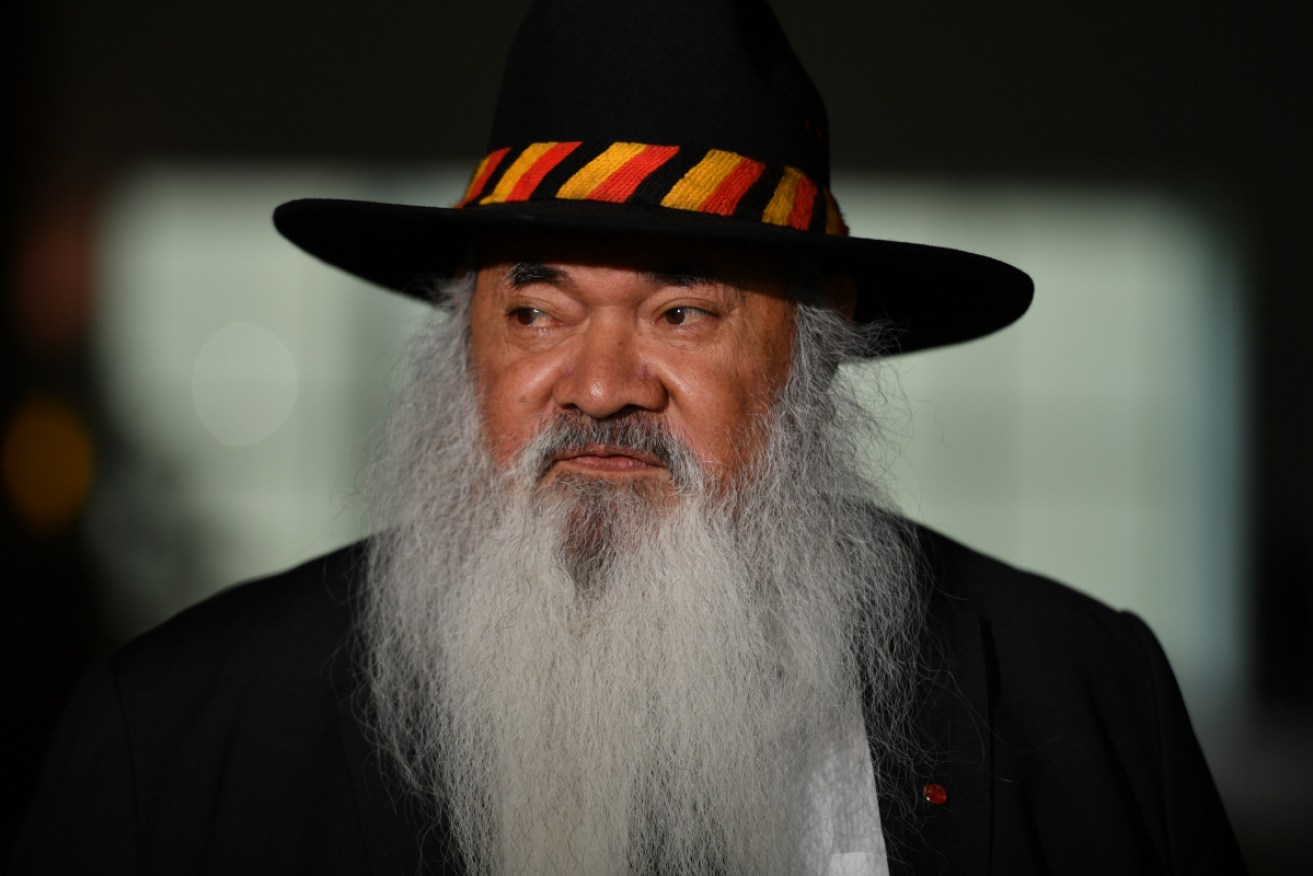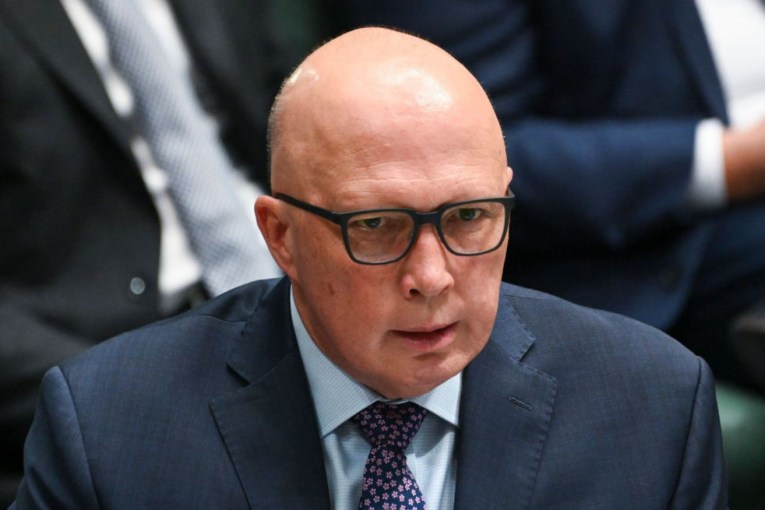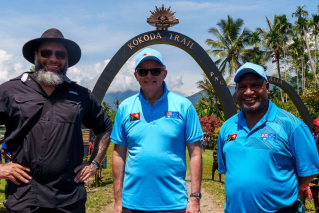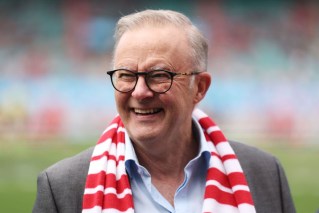Reconciliation pioneer Senator Pat Dodson announces retirement


Labor senator Pat Dodson at Parliament House in Canberra. Photo: AAP
Veteran Labor Senator Pat Dodson is set to retire from federal Parliament next year.
Dodson, a respected Indigenous leader who represents Western Australia, said his recent cancer treatment meant his health had left him physically unable to fulfil his parliamentary duties.
“This morning I informed the Labor Party parliamentary caucus of my intention to resign as senator for Western Australia, with effect from January 26, 2024,” he said in a statement on Tuesday.
He thanked Prime Minister Anthony Albanese for appointing him as special envoy for reconciliation and to lead the implementation of the Uluru Statement from the Heart.
“I simply want to express my deep gratitude to the Labor Party and to the Senate where I have been able to play a bit of a part,” Dodson said.
“I do leave this place with some sense of sorrow in that as a nation, we are not able to respond positively to the referendum … because I think that would have helped our country.”
The Prime Minister praised Dodson as being a great Uawuru man and an “excellent human being”.
“Senator Patrick Dodson’s plan to retire from the Senate fills me with sadness – but also with gratitude,” Albanese said in a statement.
“You would gladly follow him into battle yet he’s made it his life’s work to make peace. From the moment he entered Parliament, he has made this place a better one,” he said.
Albanese praised Dodson for a life working to advance reconciliation in Australia.
“As a boy, he hid in the long grass while the police and welfare officers took his mate,” the Prime Minister said.
“Yet despite what must have been such a traumatic experience as a child, he grew into the father of reconciliation – a figure of grace, dignity and inspiration.”
Voice support
Dodson’s announcement comes as an Australian National University (ANU) survey found 87 per cent of respondents thought First Nations people deserve a voice, suggesting the proposed model at the referendum was what brought it undone.
The survey, which tracked some 4200 voters since January, found voters bought the ‘no’ campaign’s message that the Voice would “racially divide” the nation, with people “sceptical of rights for some Australians that are not held by others.”
However, three-in-four (76 per cent) of ‘no’ voters thought Indigenous people deserved a voice on key policies and political decisions, the study found.
“All the data suggests that Australians think Aboriginal and Torres Strait Islander Australians continue to suffer levels of disadvantage that is both caused by past government policies and that justified extra government assistance,” the study reads.
“They did not see the voice model put to them as the right approach to remedy that disadvantage.”
Two-in-three ‘no’ voters listed dividing the nation as the key reason behind their decision.
‘No’ voters were more likely to be male, have a low level of education, live outside a capital city and live in a low-income household.
The study found five per cent of people who said they’d vote ‘no’ in January switched sides to ‘yes’ over the course of the campaign.
Alternatively, a whopping 42 per cent of ‘yes’ voters from January flipped to ‘no’.
More than 80 per cent of those surveyed believed Australia should “undertake a formal truth-telling process to acknowledge the reality of Australia’s shared history”.
The federal government had committed to truth-telling, although it is unclear if that remains the case after the failed voice referendum.
-with AAP








